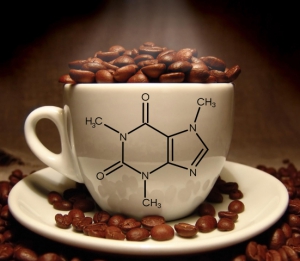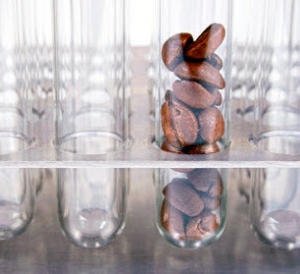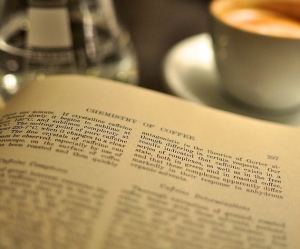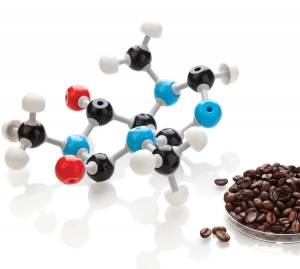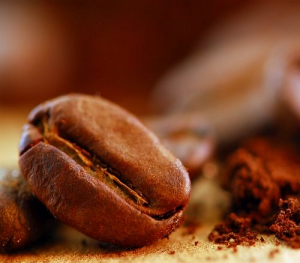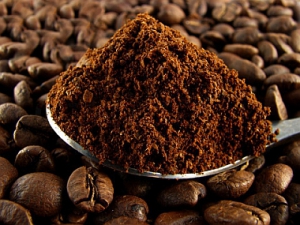Displaying items by tag: roasting
Unlocking Coffee's Chemical Composition: Part 2
Welcome to this month’s issue of coffee science. In our last series we discussed the role of two alkaloids: caffeine and trigonelline and their role in coffee’s composition. This time we’ll explore some of coffee’s more common compounds, namely carbohydrates and proteins, and discuss how these seemingly ordinary compounds contribute to coffee’s alluring aroma.
The Chemistry of Organic Acids: Part 2
Last month we briefly discussed the role of chlorogenic acid (CGA) and its decomposition during roasting. This month we’ll focus in a bit more on CGA’s secondary compounds and introduce citric acid in an effort to understand its affect on overall quality.
The Chemistry of Organic Acids: Part 1
In the past two series of articles we briefly discussed a handful of important chemical components. This month we will zoom in organic acids and explore their role in flavor development in coffee.
The Chemistry of Organic Acids in Coffee: Part 3
Welcome back to this third and final issue of organic acids. In the last issue we briefly discussed the role of quinic, caffeic, and citric acid and its role in coffee’s flavor. This time we will explore acetic and malic acid and see how these seemingly simple acids play a major role in coffee’s complex flavor profile.
The Science of Browning Reactions - Hot Off The Press!
March 1, 2008 - Okay so for all you who requested that we write a little on the science of roasting, make sure to check out our second article in Roast Magazine.
What do Beer and Popcorn Have in Common with Coffee?
Roasting and Acetic Acid
Antioxidant Effects of Coffee Melanoidins
September 11, 2009 - We've all heard about the beneficial effects in drinking coffee and its ability to prevent the onset of numerous diseases. But what exactly is it in coffee that provides us with these beneficial effects?
Grinding Fundamentals
Before we can fully appreciate a finely brewed cup of coffee, we must take the laborious task of extracting important flavoring materials locked within the bean. The easiest way to do this of course, would be to place the entire set of beans in hot water and agitate - eventually after much time the flavoring material would extract into solution, but this method would soon prove impractical.
Roasting Chemistry: The Role of Sugars
Talk to any chef or experienced foodie and everyone will agree that sugars play an important role in the overall pleasure we receive from eating. From breakfasts to late night desserts, sugars make an impact in our sensorial experience.

